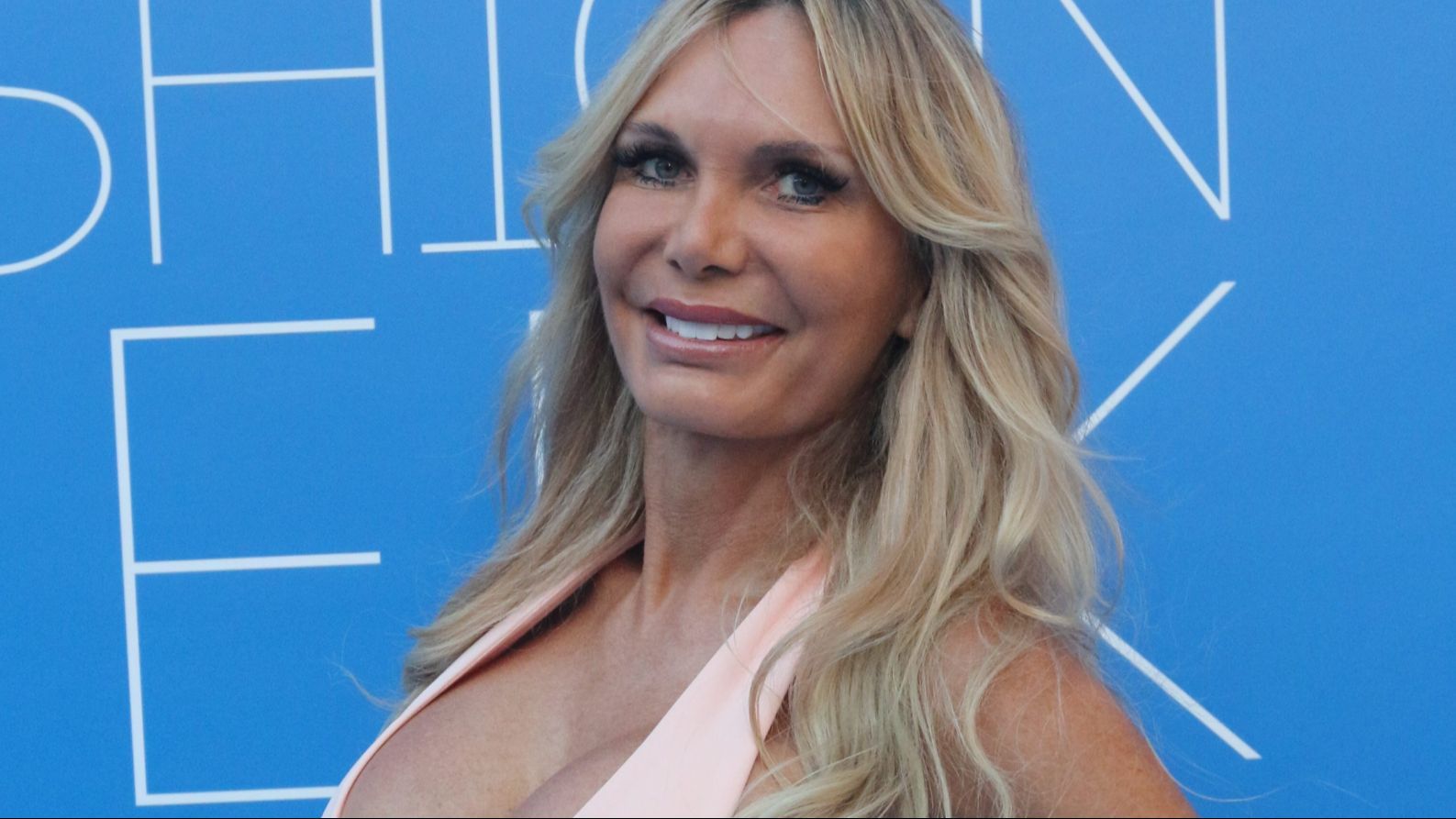In a controversial incident on Spanish television, Yola Berrocal, a woman once known for having the largest br*asts in Spain, stormed off a TV set after a presenter pulled down her dress. The clip of the 46-year-old angrily ending the interview has gone viral, amassing over 2.3 million views.


During the show, the presenter’s careless hand gesture knocked Berrocal’s dress from her shoulders, exposing her on live television. The initial shock of the exposure was compounded when footage of the incident was replayed on enormous TV screens in the studio, forcing her to relive the embarrassing moment. Berrocal, visibly upset, then stormed off the set.

Berrocal’s reaction was one of shock and anger, highlighting her discomfort and the unexpected nature of the incident. The situation quickly garnered attention online, where viewers expressed their outrage at the presenter’s behavior.


The host’s actions were widely condemned as inappropriate and unprofessional. Online commentators were particularly vocal, with one remarking, “What he did wasn’t funny; if she had belted him one, he’d have deserved it.” This sentiment was echoed by many who saw the incident as a clear violation of personal boundaries and a form of public humiliation.


In response to the uproar, the television network issued a public apology to Berrocal and the viewers. They acknowledged the incident as unacceptable and stated that the presenter would face internal disciplinary actions. The network emphasized that such behavior did not align with their values and standards of conduct.

The host involved in the incident also issued a public apology, claiming that his actions were intended as a joke and that he did not mean to cause harm or embarrassment. He expressed regret for his misjudgment and the distress caused to Berrocal. Despite the apology, many felt it did not adequately address the seriousness of the situation.

This incident has sparked broader discussions about respect and consent in the media industry. It has highlighted the need for stricter guidelines and better training for television personalities to ensure that such inappropriate behavior is avoided in the future. Media experts have called for a reevaluation of how spontaneous actions are handled on live broadcasts to protect guests and maintain professionalism.


Calls for industry-wide reforms have intensified following the incident. Suggested measures include the enforcement of more rigorous conduct codes, comprehensive training on s*xual h*rassment and consent, and a zero-tolerance policy for actions that violate personal boundaries.

Berrocal has received an outpouring of support from the public and her peers in the entertainment industry. She has used this incident to advocate for greater awareness and prevention of harassment in media settings, emphasizing the importance of creating a safe and respectful environment for all.



